Nguyen Tuan Dung, whose company HiveBotics has successfully developed a cleaning robot that can completely replace humans, is considered a startup that is supported in bringing its products globally.
Dung is the founder of HiveBotics, a company based in One-North Singapore, managed by JTC, a government agency. Hivebotics is one of the growing startups incubated by the National University of Singapore (NUS).
Dung said that in 2019, when Covid-19 was raging, Singapore was in dire need of cleaning workers, so he and a classmate at NUS thought of developing a cleaning robot called Abluo. The robot can replace cleaning tasks such as scrubbing, wiping, and drying toilets through an all-in-one automatic system.
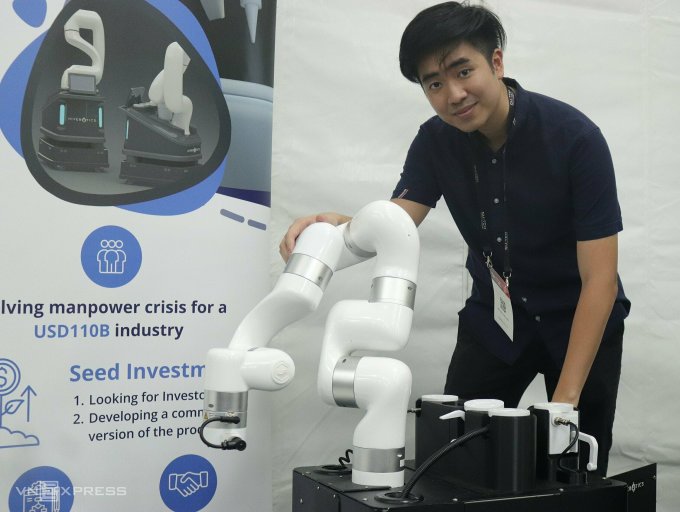
Tuan Dung introduces the Abluo robot product. Photo: Phuong Nguyen
As a mechanical engineer specializing in robot motors, Dung's task is to design the tasks that need to be done for the robot to operate. That is, technically the machine will have to understand what its job will include. To understand the steps, Dung asked to clean at universities, hotels, shopping malls, learning what a janitor does. From there, Dung created a robot that does exactly those jobs.
With the robot, Dung is in charge of designing the machine, the engine and writing some software. His friend is a computer engineer in charge of specializing in software for Abluo. After two years, the complete version of Robot Abluo was born and in 2022 Dung was advised to establish the company HiveBotics, bringing the product to market.
Cleaning robot test. Video : HiveBotics
Dung said that there is another startup in the US that is making a similar product. But he is confident that it will take 2 years to catch up with HiveBotics. Within those 2 years, HiveBotics will surpass them. More importantly, the Abluo robot is outstanding in technology and cleaning quality.
"Abluo uses UV rays to detect stains, uses heat and brushes so it is very clean," Dung said, adding that it has registered international copyrights in 30-40 different countries and has also filed many copyrights for small details of the device. Currently, the US and Europe are interested and are inviting the group to bring the product to demonstrate. HiveBotics will be present in Silicon Valley from November 24 to December 10 in GIA's accelerator program.
Sharing about his entrepreneurial journey, Dung said that in 2014, he was in grade 9 at Amsterdam (Hanoi) and received a young researcher scholarship from A*Star - the Singapore government's Agency for Science, Technology and Research. He then received a scholarship to the National University of Singapore. Here, Dung began his research and was supported in developing products and incubating them into start-up companies.
Dung said the Singapore government supports startups like HiveBotics through JTC One-North. Here, startups can exploit the entire startup ecosystem including offices, housing, sports areas, equipment testing rooms... until the product is on the market. The robot products will be sold first in Singapore, then in the US and Canada. "I hope that when the product is completed, I will invest in a factory in Vietnam to produce instead of selling the product," Dung said, adding that he plans to look for partners by the end of 2024.
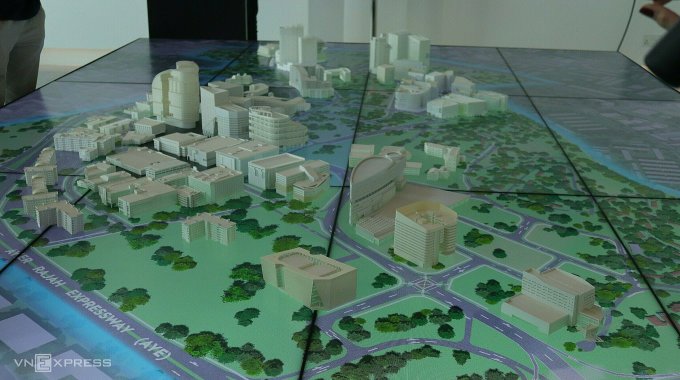
The campus includes the entire startup ecosystem at JTC. Photo: Phuong Nguyen
Hundreds of startups like Dung’s are operating on the 56,000 square meter area of JTC One-North. According to a report by Enterprise Singapore, the country currently has about 4,500 startup projects, including 25 “unicorns”. SEA, Grab, Razer, Bigo… These are billion-dollar companies originating from Singapore, even though the founders are all from other countries.
Singapore's Deputy Prime Minister Heng Swee Keat said Enterprise Singapore, Temasek Foundation and ecosystem organizations are working together to provide a platform for innovators to bring solutions to the mass market with global partners. "We seek to develop our ecosystem at a global level, to build global connectivity," he said in his opening remarks at the Singapore Week of Innovation and Technology (SWITCH 2023) on October 31.
JTC LaunchPad Center. Video: LaunchPad
Speaking to the Southeast Asian press on the sidelines of SWITCH 2023, Mr. Gan Kim Yong, Minister of Trade and Industry of Singapore, said that they are positioning themselves to become the startup hub of the region. The reason is that Singapore has the advantage of connectivity, becoming the place where funds seek investment and startups choose when they need financial support, thereby attracting startups.
The proposed solution is the SandBox mechanism, which allows experimental projects to operate within a certain legal framework, then flexibly adjust based on the development of that project. This is also the point that attracts many Vietnamese founders, such as Tuan Dung, to choose Singapore as the place to start their projects. Even though the product is in the development process, it is still tested in hospitals, airports, schools... helping the author to complete the product and bring it to market soon.
According to Mr. Gan Kim Yong, to have many successful startups, the Government of this country has set aside a support fund called "risk investment". "We need to find ways to support research and development (R&D) efforts, and have a system to capture the value of this effort even if the project itself is not successful. However, when capturing the value of knowledge, the next project will have a higher chance. "I think these are some approaches to support the startup ecosystem. We must be open to talent, ideas and develop an ecosystem that is beneficial to the synergy between the components," he said when asked about suggested solutions for Vietnam.
Phuong Nguyen
Source link


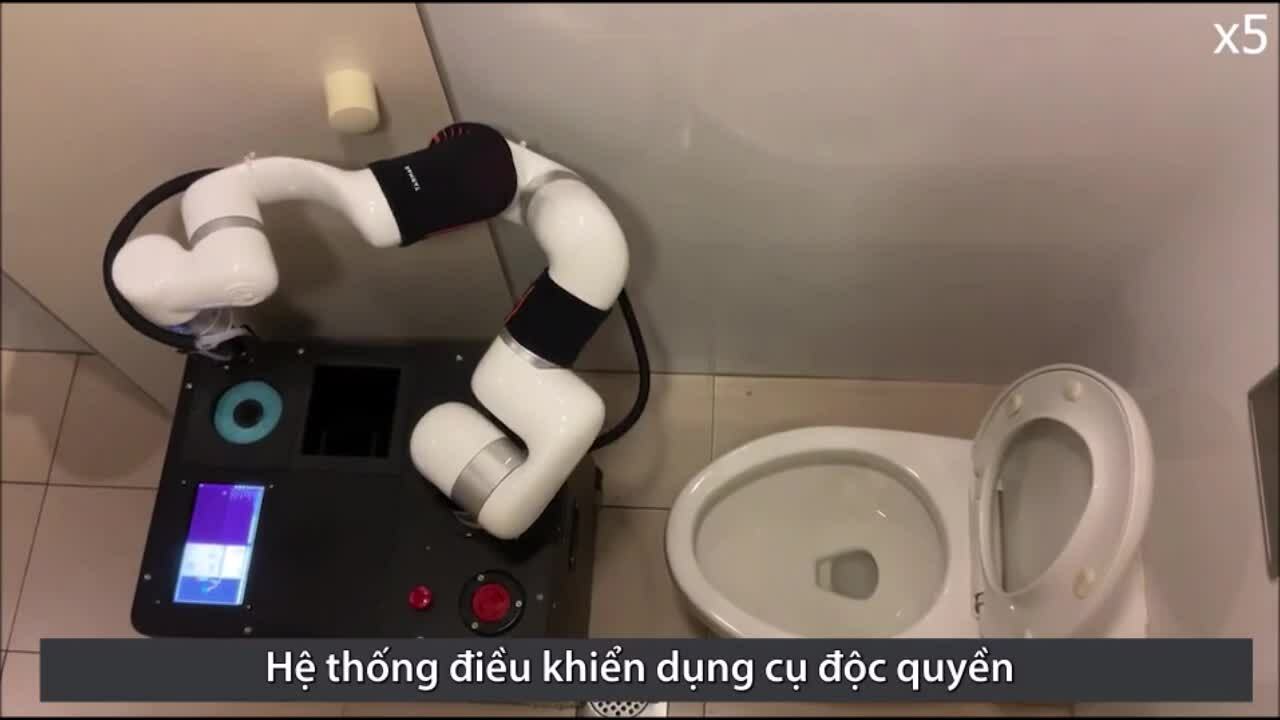
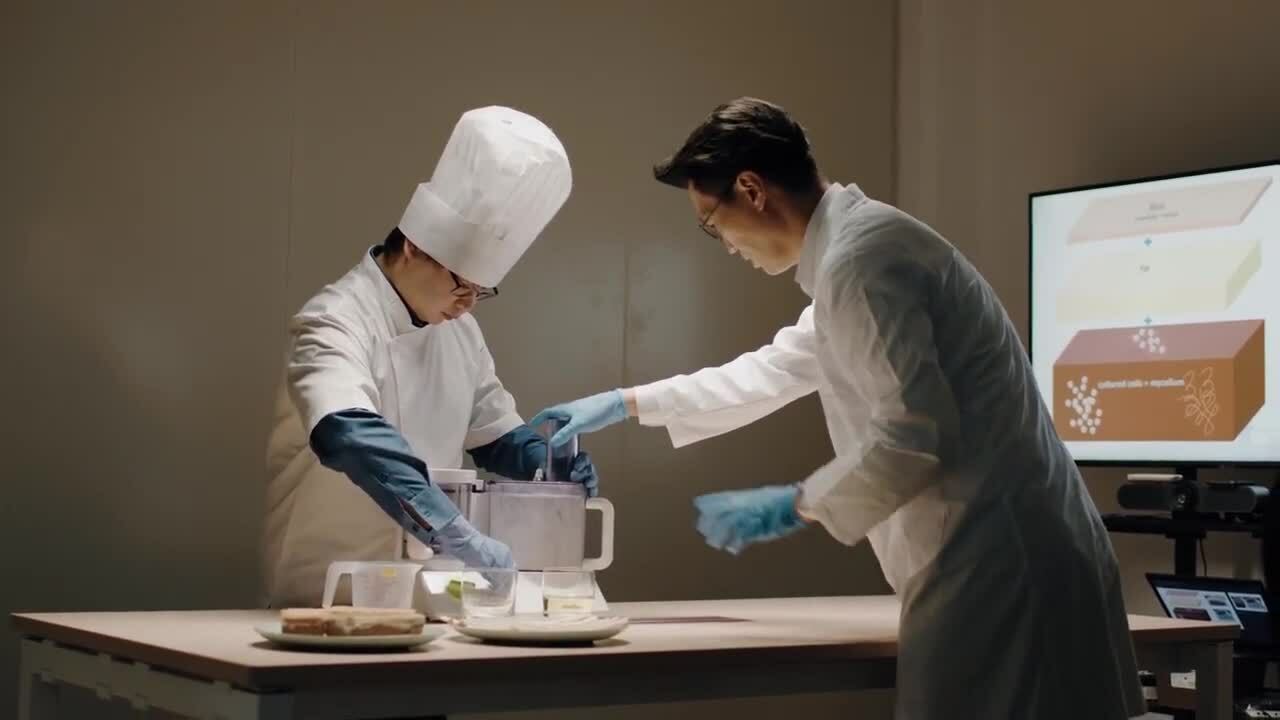





![[Photo] General Secretary To Lam receives the Director of the Academy of Public Administration and National Economy under the President of the Russian Federation](/_next/image?url=https%3A%2F%2Fvphoto.vietnam.vn%2Fthumb%2F1200x675%2Fvietnam%2Fresource%2FIMAGE%2F2025%2F12%2F08%2F1765200203892_a1-bnd-0933-4198-jpg.webp&w=3840&q=75)
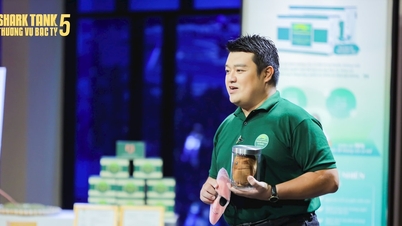

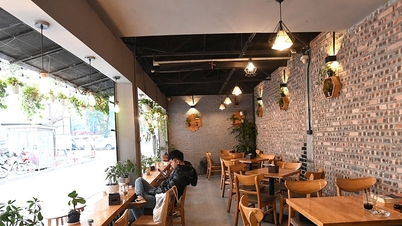

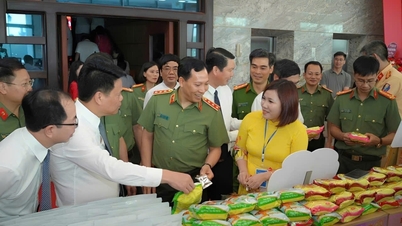

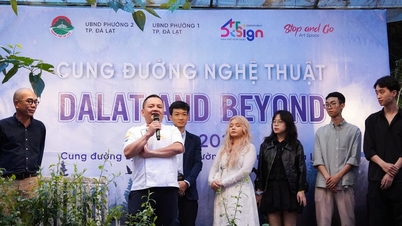

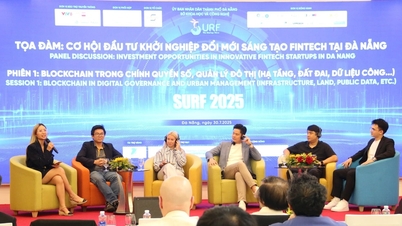

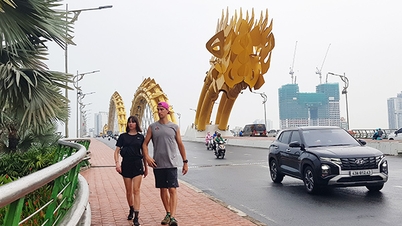

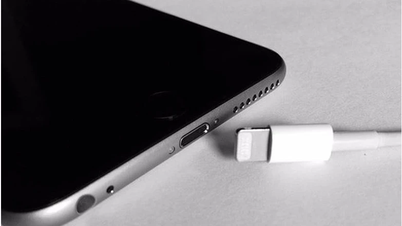

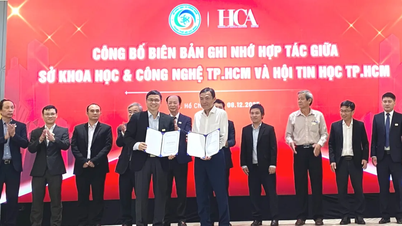

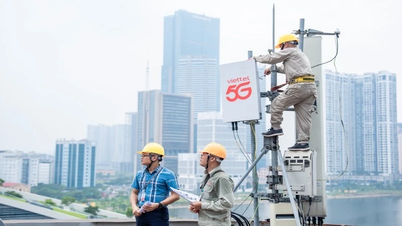



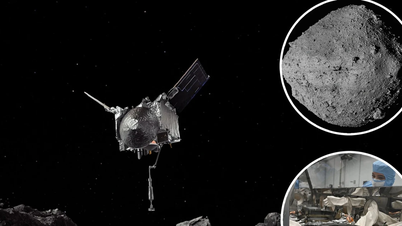
































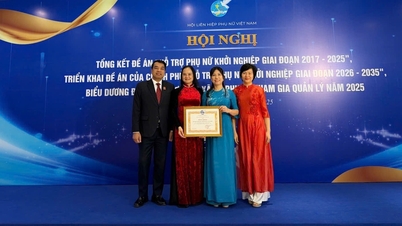
















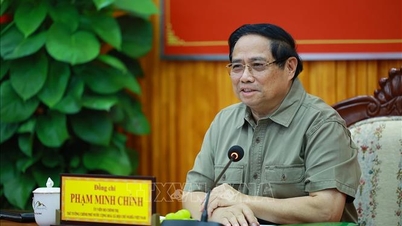




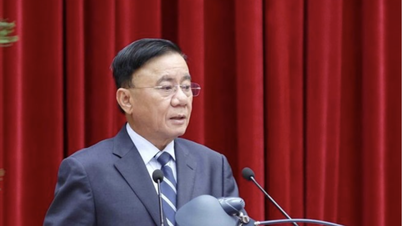


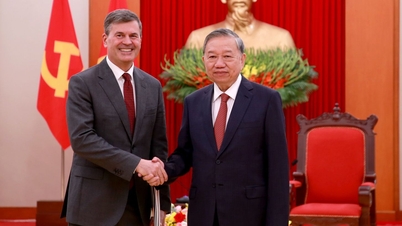






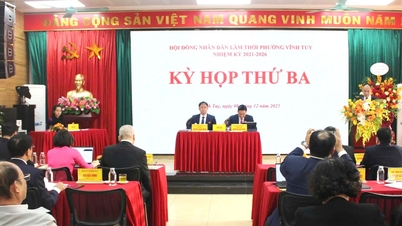
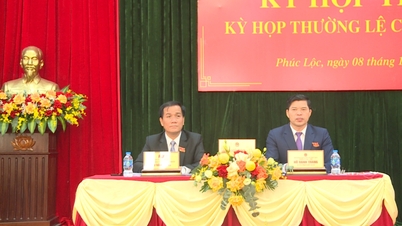




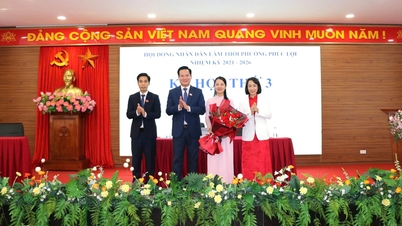

















Comment (0)